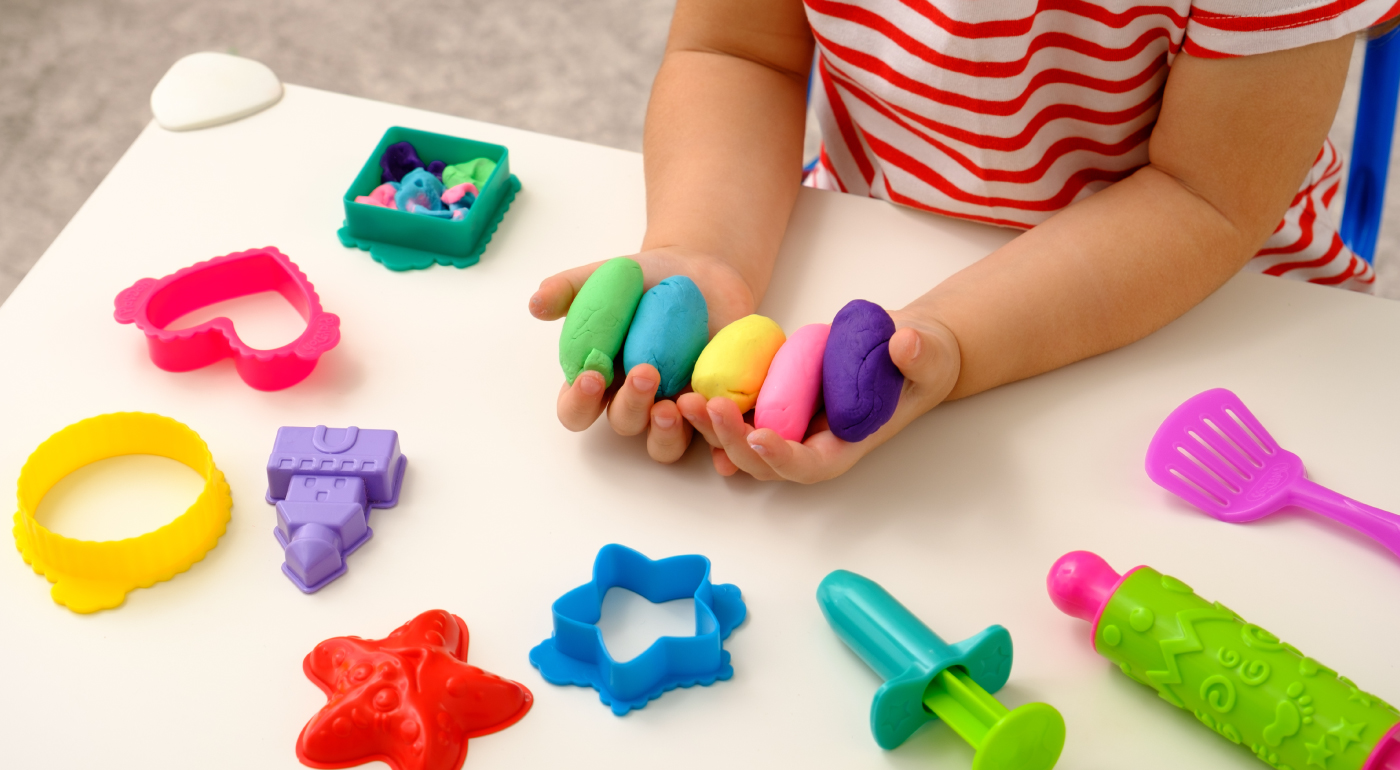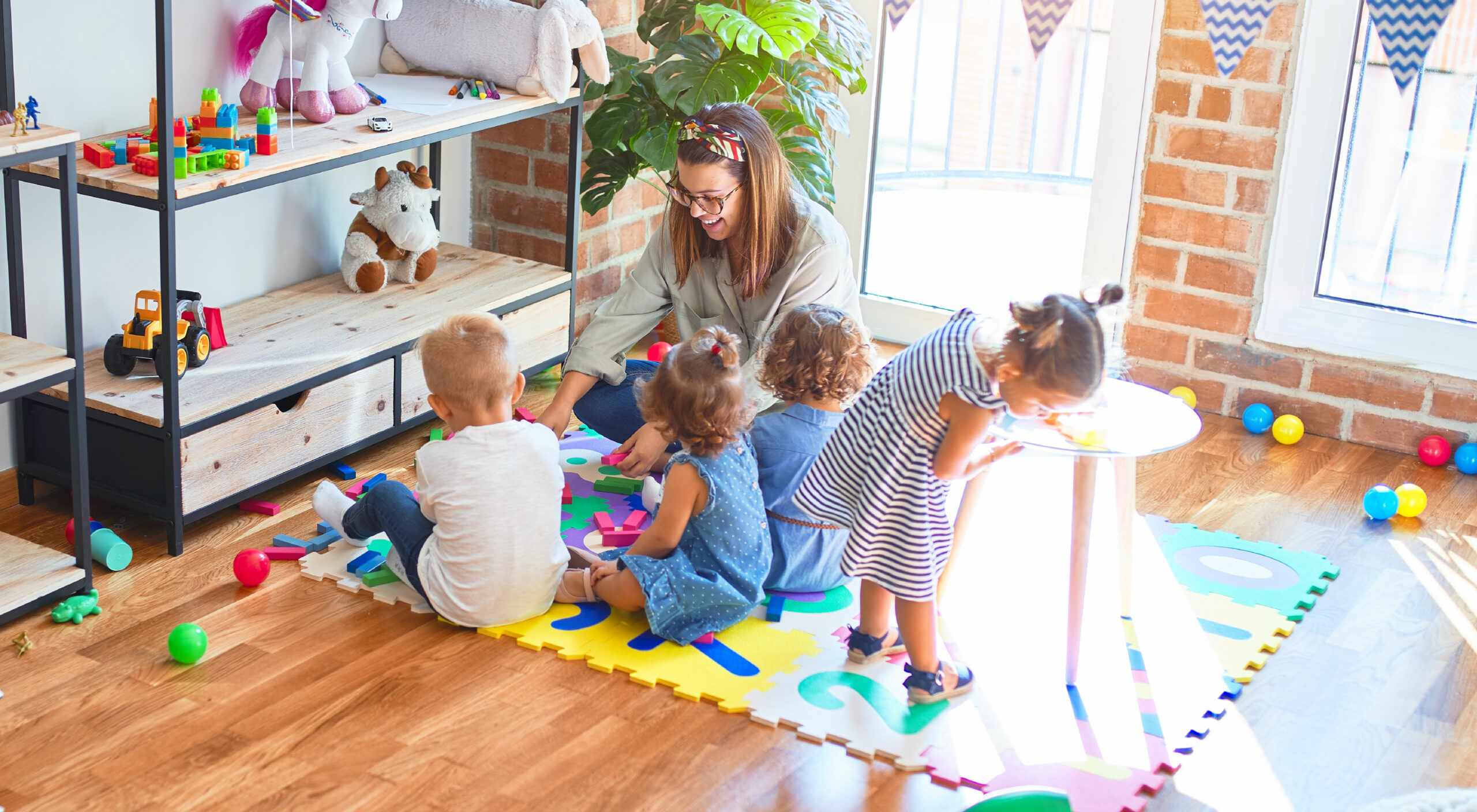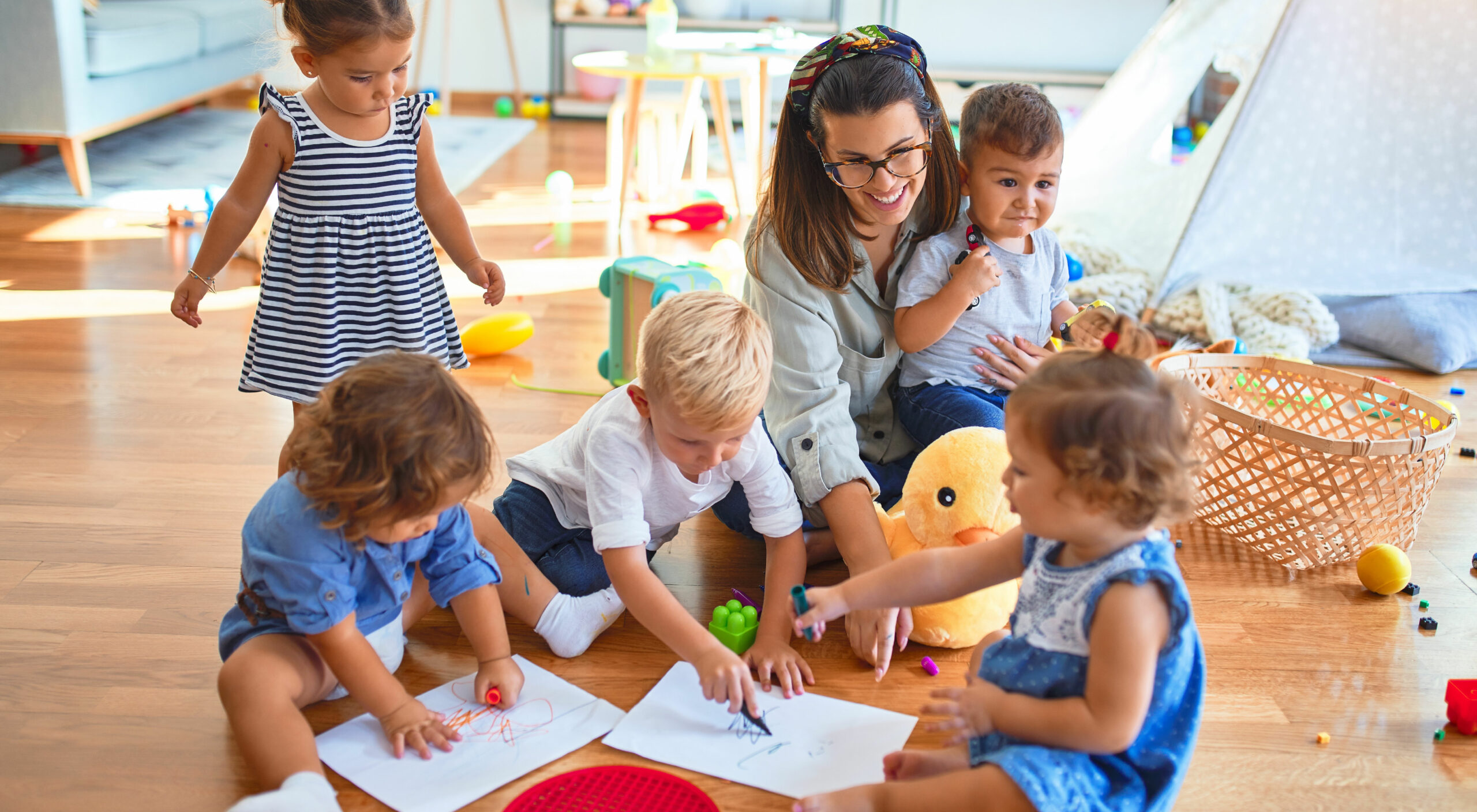We have four primary values that guide what we teach and how we interact with each other at Piedmont Hills Montessori Academy. Our values reflect Montessori theory and traditional practices.
Each week, we have been focusing on one of those main values, and today we’ll be talking about free play.
Free play is a critical part of learning. In fact, play is at the core of child development, and is an important tool when it comes to cognitive, physical, emotional and social development – not to mention imagination and creativity.
There have been countless studies on free play, but one study in particular found that children who engage in free play develop stronger levels of executive functioning, or the ability to manage themselves to achieve goals.
Here at Piedmont Hills Montessori Academy, we recognize and celebrate free play to stimulate the minds, hearts and bodies of our young students. Our teaching philosophy is guided by four primary values, and one of those is free play. The other three are self-directed learning, guided exploration and nurturing environment.
What is Free Play?
Free play includes any activity that is unstructured, voluntary, and child-initiated, allowing kids to develop their imaginations, learn how to interact with one another, and solve problems on their own. Examples of free play include playing with dolls, blocks or toy cars, coloring, building forts, using play kitchens, playing on playgrounds, running, and climbing trees.
Free play develops imagination, creativity, physical activity, social and communication skills.
The opposite of free play would be adult-driven activities where all aspects are supervised with hands-on guidance. Another example of the opposite of free play would be passive activities such as playing video games that don’t employ creativity. When given the chance to be free and make up the rules, provided it’s within a safe environment, kids can explore their imaginations and creativity to develop lifelong skills.
In fact, the power of play has been recognized by the American Academy of Pediatrics (AAP). They say interaction with peers is key to building thriving bodies, brains, and social bonds while improving their ability to plan, organize, regulate emotions and get along with others. On top of that, free play boosts language, math and social skills, and provides important tools to help them cope with stress.
Benefits of Free Play
Free and self-guided play is critical for the development of a child. It helps them build the foundation to enjoy a lifetime of learning because it makes the learning process not only fun and self-driven but natural as well. Whether on the playground or out in the yard, there are many advantages to free play.
- Helps foster creativity and imagination, as well as problem-solving abilities and social skills.
- Aids in brain development: As children explore, they form new pathways and connections in the brain.
- Develops visual creativity.
- Develops planning skills: They learn how to plan work before carrying out a task logically and within a certain time frame.
- Hones gross and fine motor skills.
- Helps with language development: They have to verbalize what they are doing and communicate with others. This helps to increase their vocabulary while helping them practice language structures and sentence construction.
- Asserts their independence.
- Boosts visual perception (the brain’s ability to interpret what it is seeing).
- Boosts auditory perception (the brain’s ability to interpret what it is hearing).
- Helps with spatial perception as they understand their bodies in relation to the world around them.
- Is a healthy way for children to express themselves.
Let’s dive deeper into a few of the above benefits.
Social Skills
Free play helps hone social skills in children so they can:
- Collaborate with others
- Negotiate
- Follow rules
- See others’ perspectives
- Solve conflicts fairly and independently
- Assert themselves
- Follow others’ leads
- Show sympathy and empathy
- Communicate effectively
Physical Growth
Both large and small muscles are developed through free play.
Large muscles
- Walking
- Running
- Climbing
- Hanging
- Jumping
- Skipping
- Hopping
- Crawling
- Pulling and pushing
- Catching and throwing
Small muscles
- Threading and lacing
- Molding dough or clay
- Using pegboards
- Stacking blocks
- Painting and drawing
- Cutting and pasting
Creativity and Imagination
The very basis of free play is that there are no rules. Because of this, kids can make up their own games, rules and guidelines – a critical skill when it comes to cognitive development.
Problem-Solving Abilities
When kids work together during unstructured play, they learn how to solve their own problems, such as who gets to go first. Of course, activities must be supervised from afar by an adult, but when children are allowed to work things out first on their own, they learn how to resolve conflicts or questions.
Social Skills
Free play encourages teamwork, which builds social skills. When they drive play by taking turns, sharing, listening, and making decisions together, children are forming important social connections that will benefit them throughout life.
From fantasy play to physical activity, free play brings with it essential lifelong skills that will benefit children through adulthood.
Book a Tour With Piedmont Hills Montessori Academy
Interested to see how we do things here at Piedmont Hills Montessori Academy? Schedule your tour today. We have been serving families in San Jose and surrounding communities with high-quality childcare services for more than 30 years for toddlers, preschoolers, and kindergarteners.



